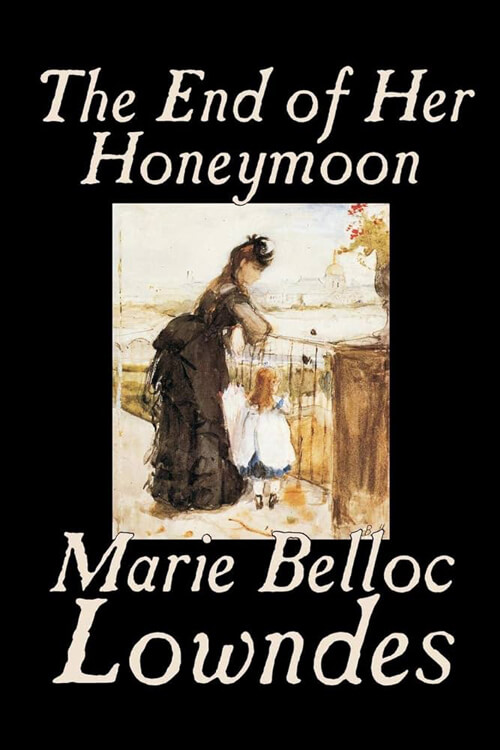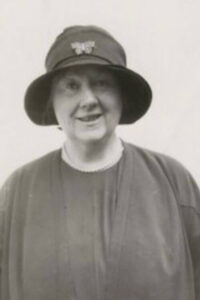
The End of Her Honeymoon
“Cocher? l’Hôtel Saint Ange, Rue Saint Ange!”
The voice of John Dampier, Nancy’s three-week bridegroom, rang out strongly, joyously, on this last evening of their honeymoon. And before the lightly hung open carriage had time to move, Dampier added something quickly, at which both he and the driver laughed in unison.
Nancy crept nearer to her husband. It was tiresome that she knew so little French.
“I’m telling the man we’re not in any hurry, and that he can take us round by the Boulevards. I won’t have you seeing Paris from an ugly angle the first time—darling!”
“But Jack? It’s nearly midnight! Surely there’ll be nothing to see on the Boulevards now?”
“Won’t there? You wait and see—Paris never goes to sleep!”
And then—Nancy remembered it long, long afterward—something very odd and disconcerting happened in the big station yard of the Gare de Lyon. The horse stopped—stopped dead. If it hadn’t been that the bridegroom’s arm enclosed her slender, rounded waist, the bride might have been thrown out.
The cabman stood up in his seat and gave his horse a vicious blow across the back.
“Oh, Jack!” Nancy shrank and hid her face in her husband’s arm. “Don’t let him do that! I can’t bear it!”
Dampier shouted out something roughly, angrily, and the man jumped off the box, and taking hold of the rein gave it a sharp pull. He led his unwilling horse through the big iron gates, and then the little open carriage rolled on smoothly.
Read or download Book
Marie Belloc Lowndes
Marie Adelaide Elizabeth Rayner Lowndes (née Belloc; 5 August 1868 – 14 November 1947), who wrote as Marie Belloc Lowndes, was a prolific English novelist, and sister of author Hilaire Belloc.
Active from 1898 until her death, she had a literary reputation for combining exciting incidents with psychological interest. Four of her works were adapted for the screen: The Chink in the Armour (1912; adapted 1922), The Lodger (1913; adapted several times), Letty Lynton (1931; adapted 1932), and The Story of Ivy (1927; adapted 1947). The Lodger was also adapted as a 1940 radio drama and 1960 opera.
Personal life
orn in George Street, Marylebone, London, and raised in La Celle-Saint-Cloud, France, Belloc was the only daughter of French barrister Louis Belloc and English feminist Bessie Parkes. Her younger brother was Hilaire Belloc, whom she wrote of in her last work, The Young Hilaire Belloc (published posthumously in 1956).
Belloc’s paternal grandfather was the French painter Jean-Hilaire Belloc, and her maternal great-great-grandfather was the theologian/philosopher Joseph Priestley. Her mother died in 1925, 53 years after her father.
In 1896, Belloc married Frederick Sawrey A. Lowndes (1868–1940).
Career
he published a biography, H.R.H. The Prince of Wales: An Account of His Career, in 1898. From then on novels, reminiscences, and plays appeared at the rate of one per year until 1946. She produced over forty novels in all – mainly mysteries, well-plotted, and on occasion based on real-life crime, though she resented being classed as a crime writer. She created the French detective Hercules Popeau, roughly contemporaneously to Agatha Christie’s creation of Belgian detective Hercule Poirot.
Her mother died in 1925, fifty-three years after her father. In the memoir, I, too, Have Lived in Arcadia, published in 1942, she told the story of her mother’s life, compiled largely from old family letters and her memories of her early life in France. A second autobiography Where Love and friendship dwelt appeared posthumously in 1948.
Ernest Hemingway praised her insight into female psychology, revealed above all in the situation of the ordinary mind failing to cope with the impact of the extraordinary.






